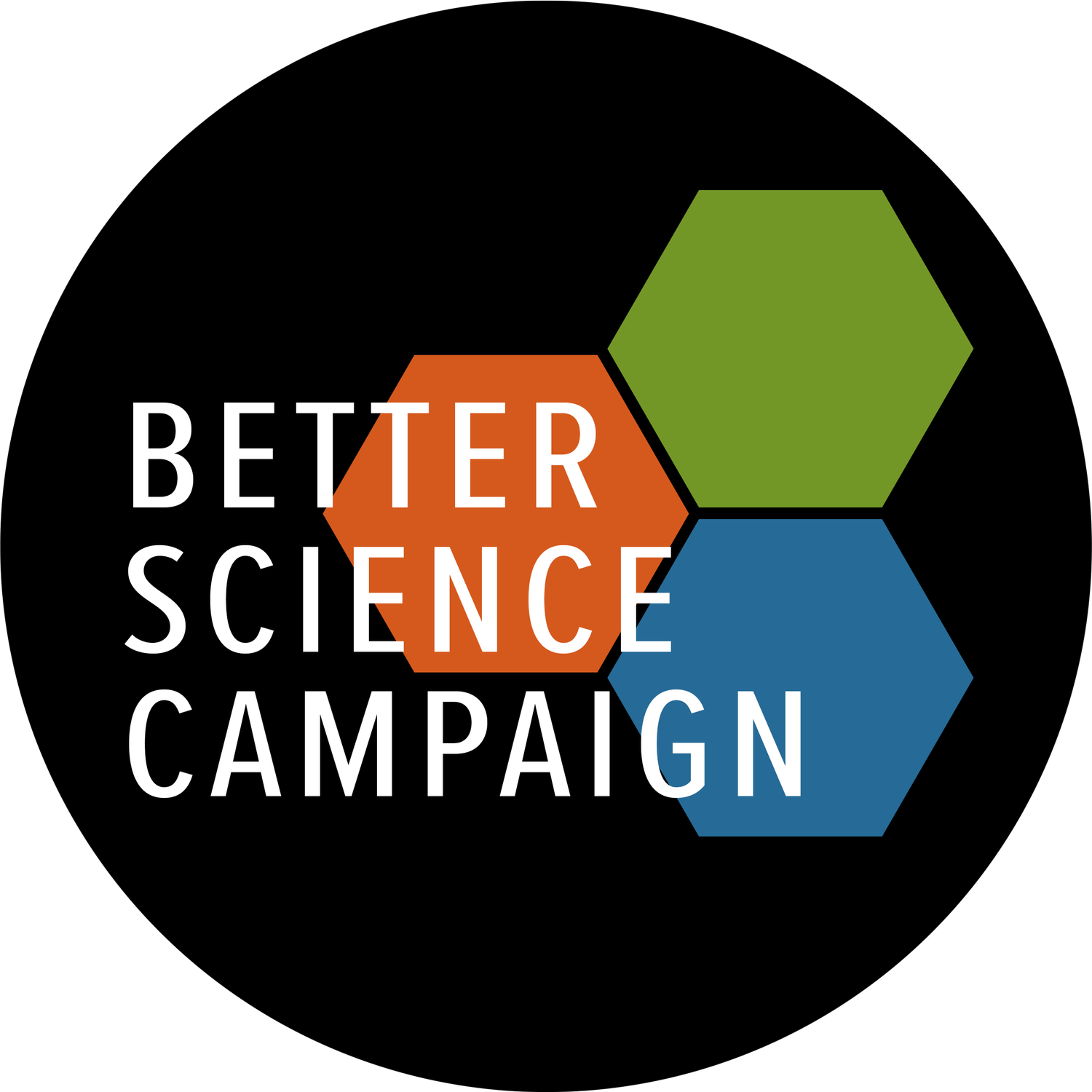Newsletter #6
The Better Science Campaign (BSC) promotes ethical alternatives to animal testing, focusing on collaboration with researchers willing to transition to humane practices. Unlike some groups, we avoid confrontational tactics and emphasize respectful dialogue. Our mission is to work with ethical scientists to eliminate cruel and wasteful animal experiments, prioritizing methods that respect all sentient beings and improve human health. Currently, our efforts are focused on the University of California, Berkeley.
Member Spotlight: Sherstin L. Rosenberg, DVM
The Better Science Campaign is thrilled to highlight Sherstin L. Rosenberg, DVM, a founding member of our working group and a tireless advocate for animals and ethical science. Sherstin’s contributions to the BSC go beyond her role as a leader and advisor—she was instrumental in shaping the very methods and values that define our campaign today. Her unwavering commitment to animal welfare and her scientific expertise continue to inspire our community and drive our mission forward.
Dr. Rosenberg serves as the Executive Director and Chief Veterinarian of Happy Hen Animal Sanctuary in San Luis Obispo, California. Since 2014, she has led the sanctuary in providing rescue, rehabilitation, and lifelong care for animals saved from abuse and dangerous situations. From farm animals displaced by wildfires to rescues from industrial farms, Sherstin’s work has touched the lives of countless animals. Her sanctuary currently cares for more than 150 animals, including chickens, turkeys, ducks, geese, sheep, cows, goats, and pigs, offering them a safe haven and a new beginning.
Beyond her sanctuary work, Dr. Rosenberg has a distinguished career as a veterinarian, advocate, and expert witness. She has testified in numerous legal cases, bringing her deep understanding of animal welfare to courtroom discussions on care standards and ethical practices. Her expertise has informed policies at the state level, including her testimony for California’s Proposition 2, which sought to improve welfare standards for farmed animals.
In recognition of her lifelong dedication, Dr. Rosenberg received the 2017 Humane Achievement Award from the Humane Society Veterinary Medical Association. Her career embodies the values of compassion and evidence-based advocacy that the Better Science Campaign holds dear. We are proud to celebrate Sherstin as a pivotal member of our team and a champion for animals everywhere.
Sherstin L. Rosenberg, DVM
Education:
Doctor of Veterinary Medicine, University of California, Davis (1998)
Bachelor of Arts in Anthropology, Stanford University (1991)
Professional Associations:
American Veterinary Medical Association
Humane Society Veterinary Medical Association
California Veterinary Medical Association
Licenses:
Veterinarian, State of California (License #13432)
Review of "From Underdogs to Stars: Pets in Science Today" by Emily Anthes
Emily Anthes, a seasoned journalist specializing in animal science, highlights the rise of companion animal research in The New York Times. https://www.nytimes.com/2024/06/30/science/pets-research-dogs-cats.html
"Pets were once dismissed as trivial scientific subjects. Today, companion animal science is hot," Anthes writes, summarizing this remarkable shift.
I highly recommend reading this article, which includes links to the fascinating studies and programs discussed.
Not too long ago, studying pets was considered frivolous in scientific circles. Graduate students who dared to suggest research on animal cognition or emotions risked being ostracized. But times are changing. With growing acknowledgment of animal intelligence, even insects are being studied for signs of fear, pain, and cognition. Companion animals, in particular, have become a major focus, with researchers delving into their biology, behavior, and bonds with humans to better understand and enhance their lives. This shift is not just overdue—it’s essential. It also aligns perfectly with the BSC’s mission, a commitment to advancing science that respects and supports the well-being of all living creatures as outlined in our Nonhuman Bill of Rights:
A Bill of Rights for Nonhumans Who Are Studied or Experimented on in Laboratories:
The right to not be property.
The right to not be killed, or harmed physically or psychologically for science.
The right to not be bred for science.
The right to a home or habitat that provides for natural social needs and behaviors.
The right to have a guardian or an advocate to protect their rights.
The right to have their interests represented in court and protected by law.
The right to be tested upon only if they are expected to directly benefit.
The first sequencing of a dog’s genome happened in 2004, since then geneticists have studied countless dogs—from purebreds and mutts to ancient remains; research into canine behavior and cognition has flourished, with cats quickly catching up. Once seen as frivolous research subjects, pets are now a major focus for scientists trying to understand their biology, behavior, and deep bond with humans - no lab cages are required. It’s a shift many agree was long overdue.

